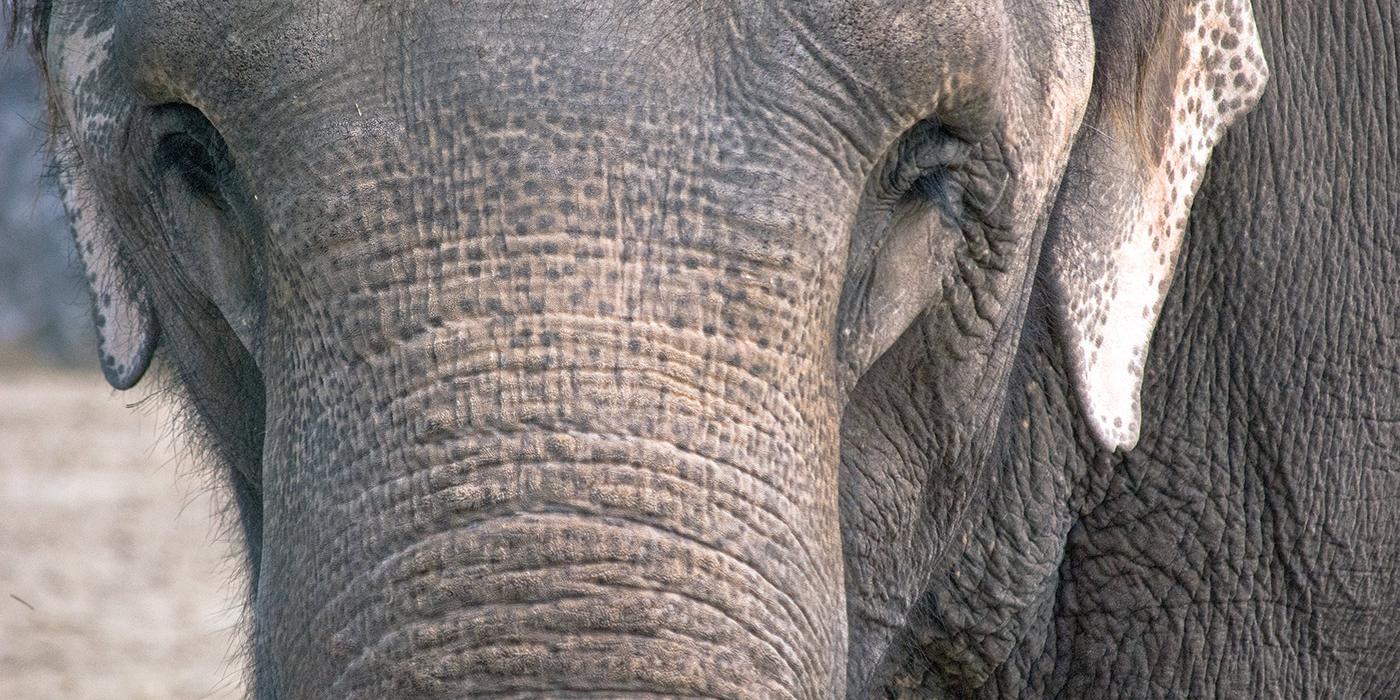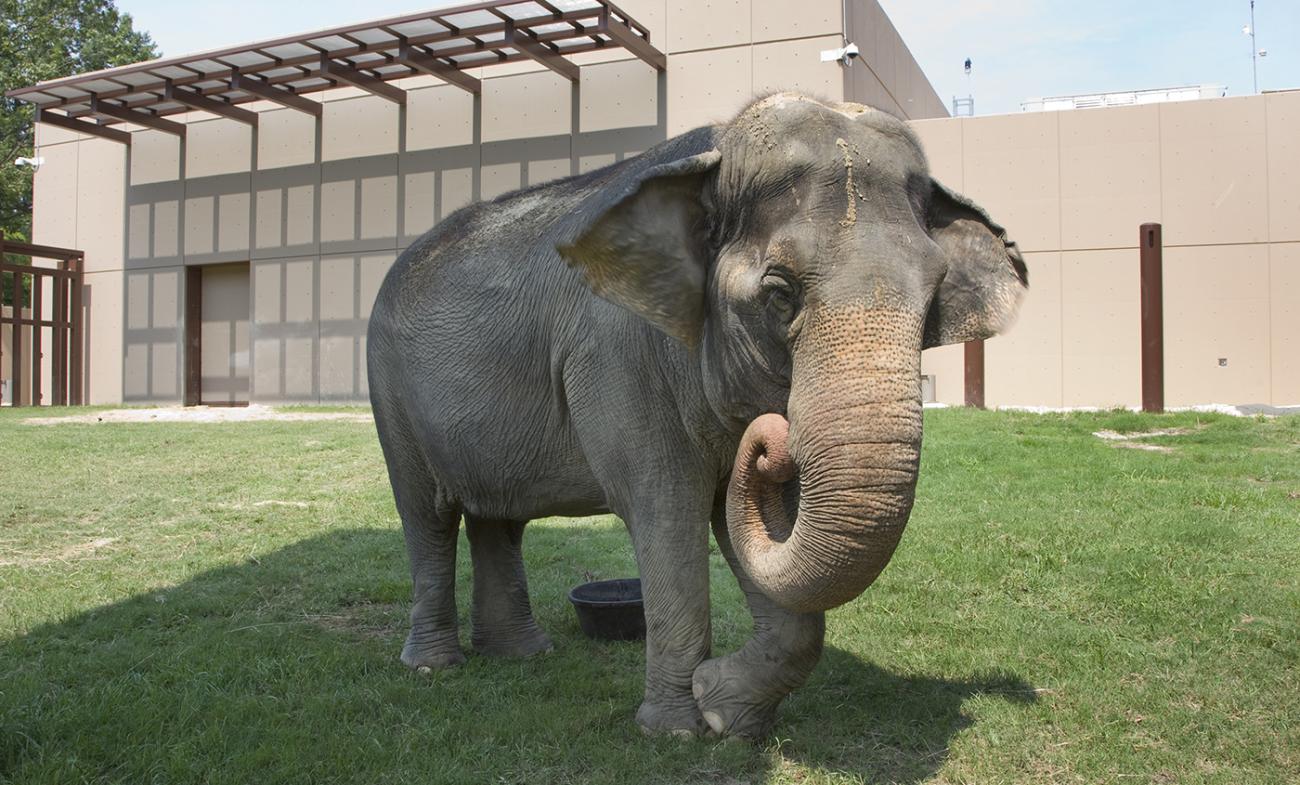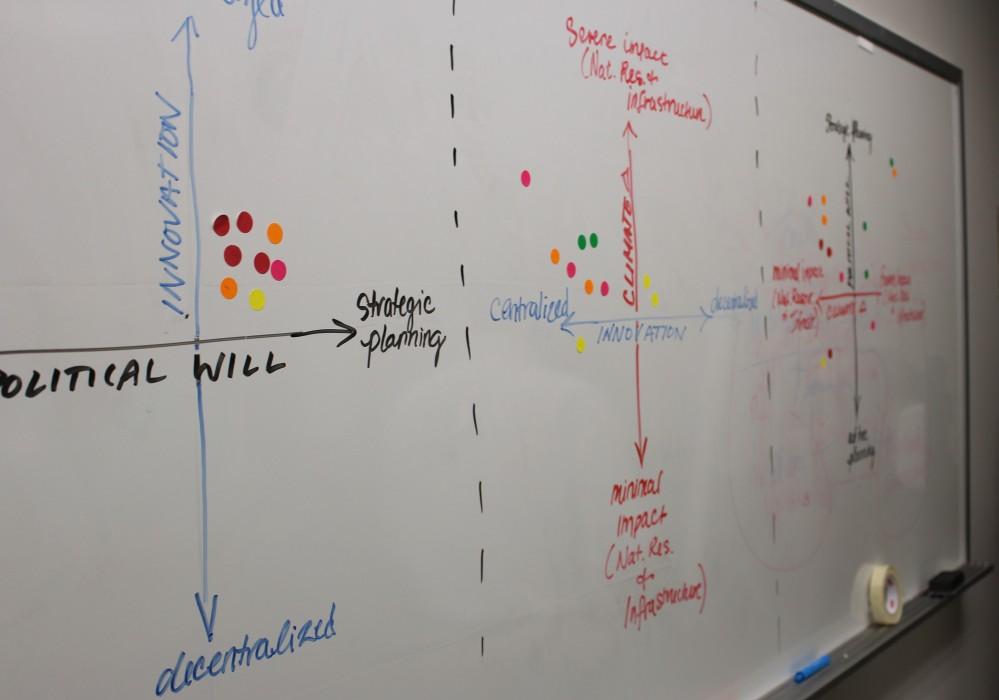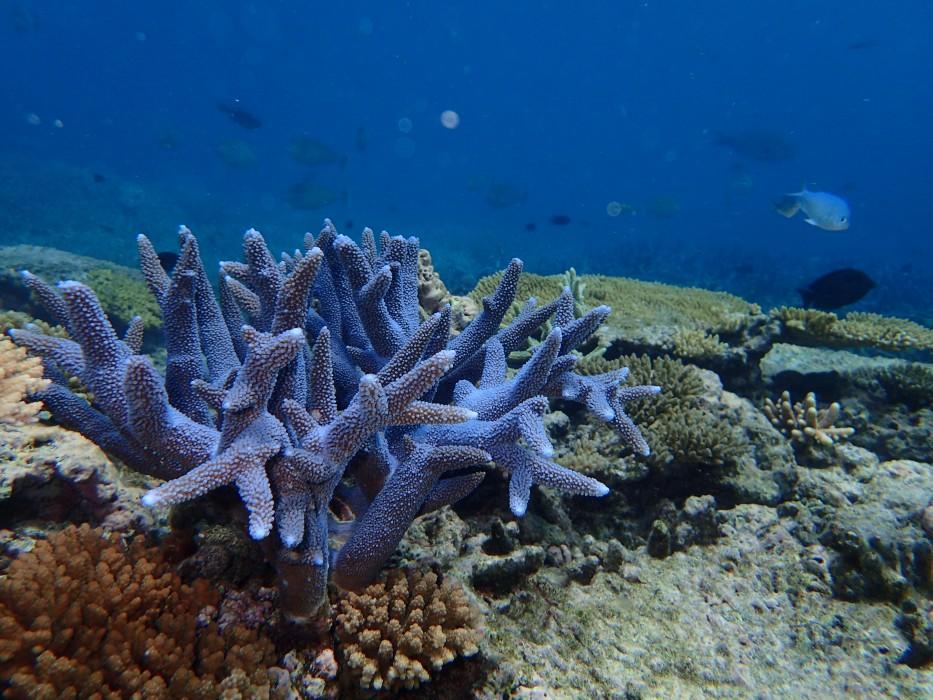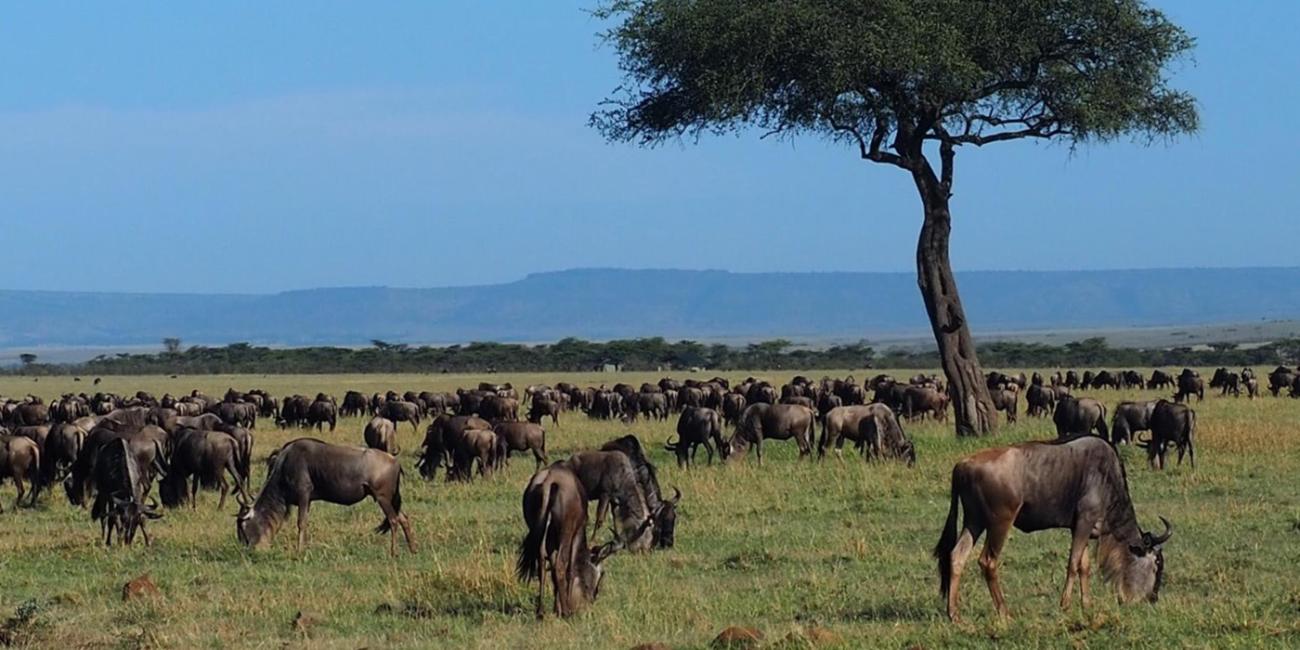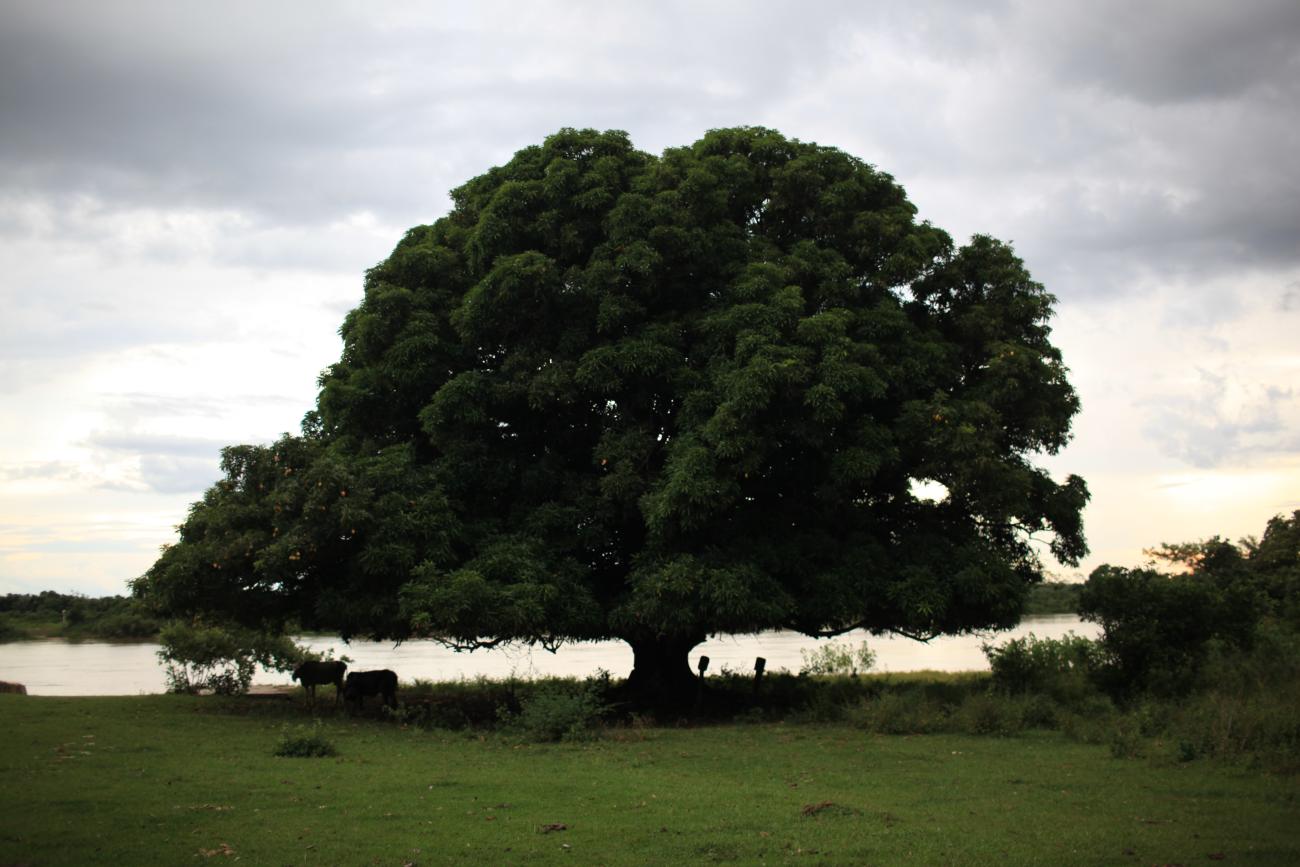Novel Platelet-Derived Treatment for Elephant Endotheliotropic Herpesvirus (EEHV)
Elephant endotheliotropic herpes virus (EEHV) is the leading cause of death of captive Asian elephants 1 to 8 years old and is associated with severe hemorrhagic disease (HD) that may be fatal within 24 hours of initial clinical signs.
Since its first formal description at the Smithsonian’s National Zoo in 1995, much has been learned about the virus, but effective treatments remain elusive. Antiviral therapies are not consistently effective and are often cost-prohibitive. To date, treatment consists of supportive care, including fluid therapy.
Recently, however, in both human and veterinary medicine, whole blood and concentrated blood-derived products have been effectively utilized as a novel method to control hemorrhage associated with viral hemorrhagic fevers. In particular, platelets, essential for effective coagulation, have been shown to play a role in the survival of critically ill patients. Precipitous drops in platelet count are poor prognostic indicators in many hemorrhagic diseases, and fatal cases of EEHV HD demonstrate similar findings.
The replacement of circulating platelets in the critical phase of the disease may provide the support needed for the patient to recover. Traditional platelet products have a short shelf life (five days), and are therefore not feasible for elephant-care facilities. However, novel freeze-dried platelet-derived hemostatic agents (FDPDHAs) can be stored at ambient temperatures for 24 to 36 months and reconstituted within minutes. Through collaboration with the biotechnology company Cellphire, a platelet product will be produced from Asian elephant blood. This product will be made available for potential use in critically ill elephants through a network of elephant care facilities.

